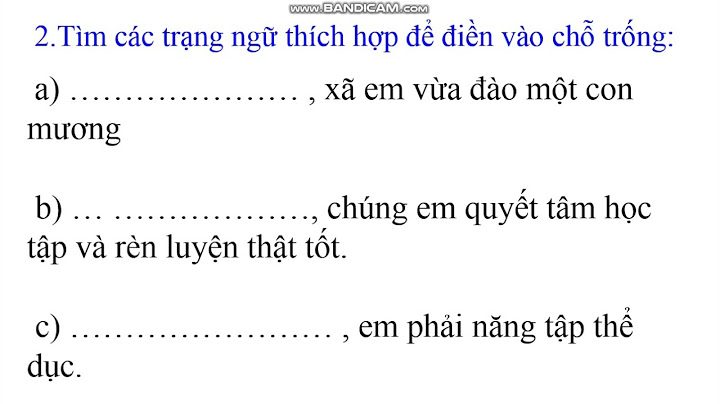Content validity: The extent to which a test accurately assesses the entire range of abilities it is designed to measure. If you believe that content available by means of the Website (as defined in our Terms of Service) infringes one or more of your copyrights, please notify us by providing a written notice (“Infringement Notice”) containing the information described below to the designated agent listed below. If Varsity Tutors takes action in response to an Infringement Notice, it will make a good faith attempt to contact the party that made such content available by means of the most recent email address, if any, provided by such party to Varsity Tutors.
Your Infringement Notice may be forwarded to the party that made the content available or to third parties such as ChillingEffects.org.
Please be advised that you will be liable for damages (including costs and attorneys’ fees) if you materially misrepresent that a product or activity is infringing your copyrights. Thus, if you are not sure content located on or linked-to by the Website infringes your copyright, you should consider first contacting an attorney.
Please follow these steps to file a notice:
You must include the following:
A physical or electronic signature of the copyright owner or a person authorized to act on their behalf; An identification of the copyright claimed to have been infringed; A description of the nature and exact location of the content that you claim to infringe your copyright, in \ sufficient detail to permit Varsity Tutors to find and positively identify that content; for example we require a link to the specific question (not just the name of the question) that contains the content and a description of which specific portion of the question – an image, a link, the text, etc – your complaint refers to; Your name, address, telephone number and email address; and A statement by you: (a) that you believe in good faith that the use of the content that you claim to infringe your copyright is not authorized by law, or by the copyright owner or such owner’s agent; (b) that all of the information contained in your Infringement Notice is accurate, and (c) under penalty of perjury, that you are either the copyright owner or a person authorized to act on their behalf.
Aptitude tests: Tests designed to predict future performance in an ability. Achievement tests: Tests designed to assess current performance in an ability.
What type of tests are designed to predict a person's capacity for learning?
An aptitude test is designed to assess what a person is capable of doing or to predict what a person is able to learn or do given the right education and instruction. It represents a person's level of competency to perform a certain type of task.
What is the SAT designed to predict?
The SAT adds value above and beyond HSGPA in predicting college success. Using SAT scores in conjunction with HSGPA is the most powerful way to predict future academic performance. On average, SAT scores add 15% more predictive power above grades alone for understanding how students will perform in college.
What is the SAT designed to predict quizlet?
What is the SAT designed to predict? The SAT is designed to predict a student's success in college. How are achievement tests validated? Achievement tests are validated in terms of their content validity, or how well they measure students' mastery of a set of knowledge.



















